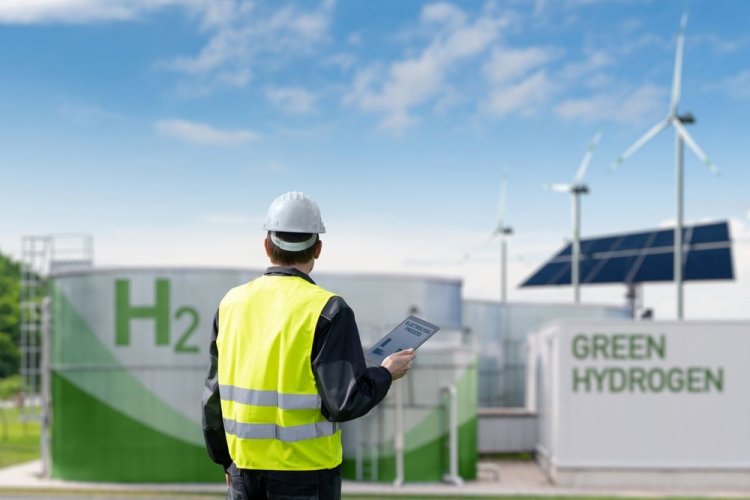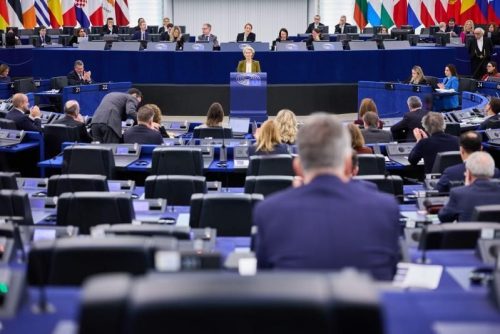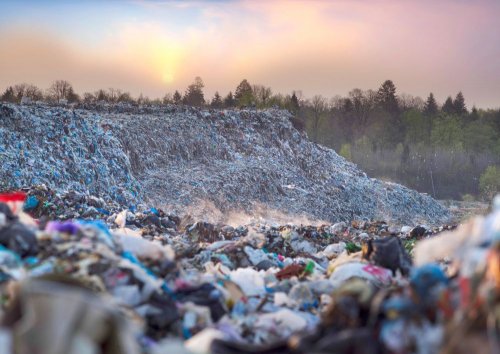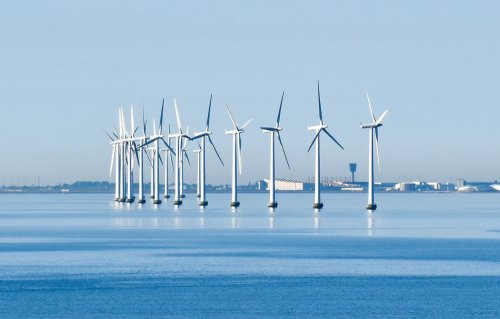The German-Dutch program of state support for the production of renewable fuels of non-biological origin (RFNBO) has received the green light from the European Commission.
The relevant message appeared on the website of the central executive body of the European Union on December 18.
The program includes the production of renewable hydrogen. The resulting RFNBOs will be imported and sold in the EU, contributing to the goals of the EU Hydrogen Strategy, the European Green Deal, and the REPowerEU plan to reduce dependence on Russian fossil fuels and accelerate the green transition.
German-Dutch scheme
This scheme was developed based on the experience of the previous German state aid program “H2Global” and was approved in December 2021 to support investments in the production of renewable hydrogen in non-EU countries for import and sale in the EU.
Germany will contribute €2.7 billion to the program, and the Netherlands will contribute €300 million.
The program envisages the construction of at least 1.875 GW of electrolysis capacity worldwide. Assistance will be provided based on the results of competitive bidding, which is scheduled to be completed in 2025. The tenders, organized on an interregional basis, will be open to projects with an electrolysis capacity of at least 5 MW.
The scheme is based on a dual-auction system that brings together RFNBO producers, most of whom will be located in non-EU countries, and RFNBO buyers in Germany and the Netherlands. The companies that offer to sell RFNBOs at the lowest price and buy RFNBOs at the highest price will receive a contract to sell or buy RFNBOs produced under this scheme. Public resources will fill the funding gap between these two prices.
Beneficiaries will have to prove compliance with the EU criteria for RFNBO production set out in the delegated acts on renewable hydrogen.
Germany and the Netherlands expect that the scheme will avoid emissions of up to 5.73 million tons of CO2 equivalent, contributing to the climate goals of Germany, the Netherlands and the EU. The scheme will support the EU's ambition to deploy renewable hydrogen technologies on a large scale starting in 2030.
Earlier, EcoPolitics reported that the European Commission has allocated €4.6 billion of ETS revenues for decarbonization projects, including renewable hydrogen projects. Also in May, we talked about the allocation of €1.4 billion for innovative developments in the field of hydrogen transport in the EU.





